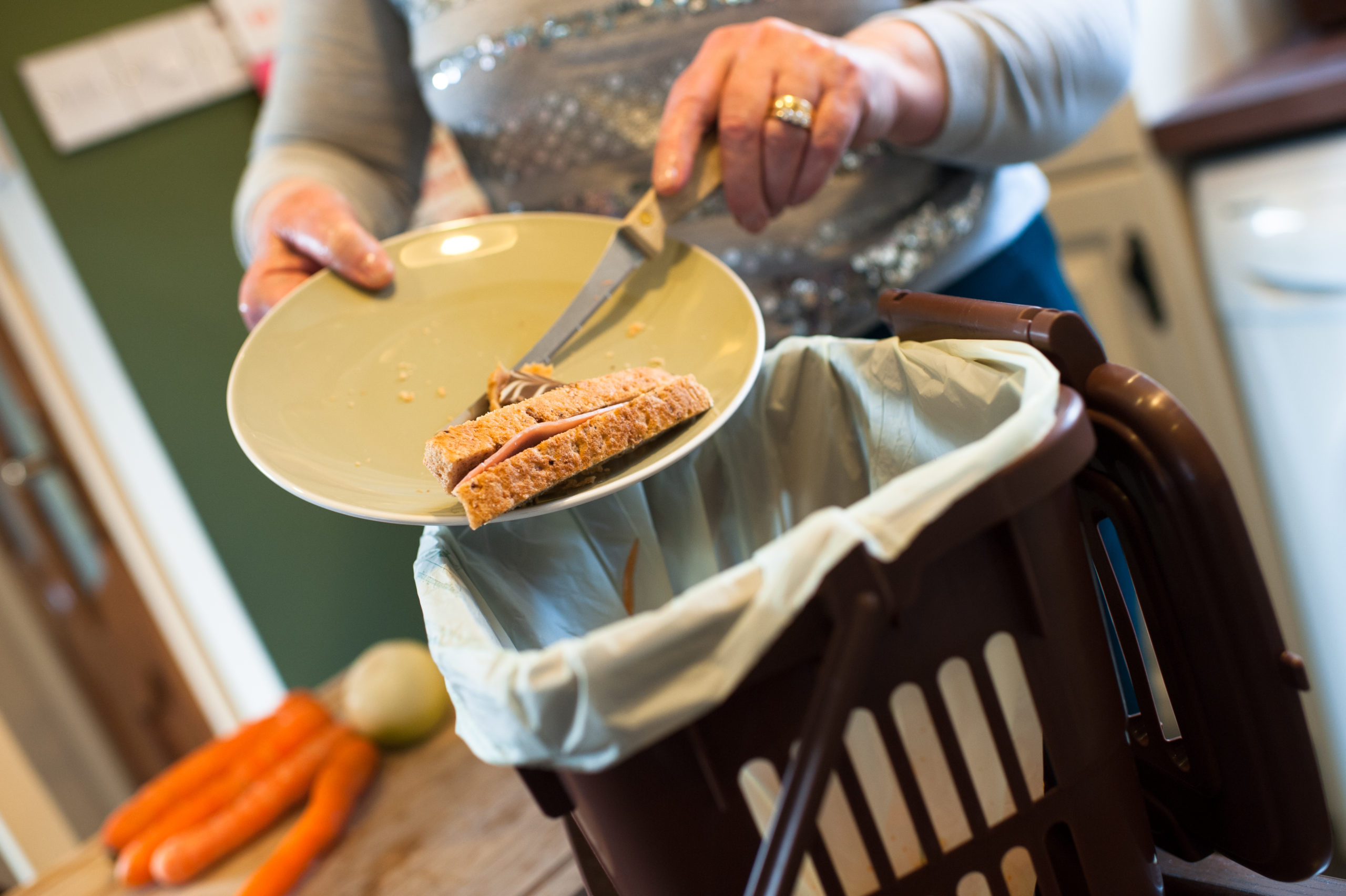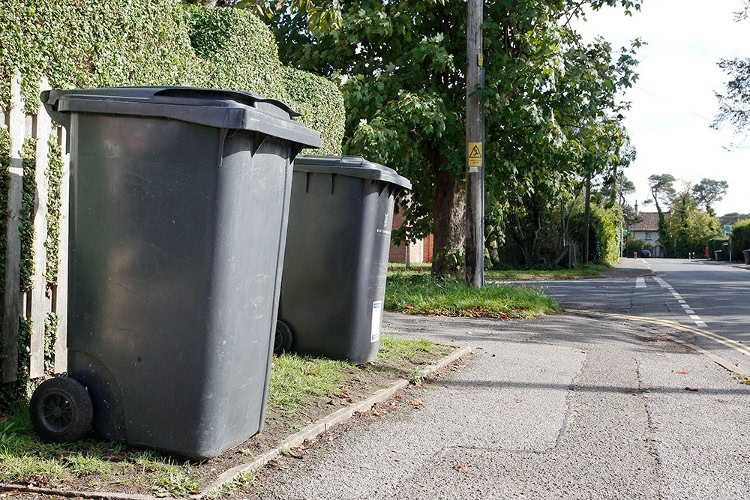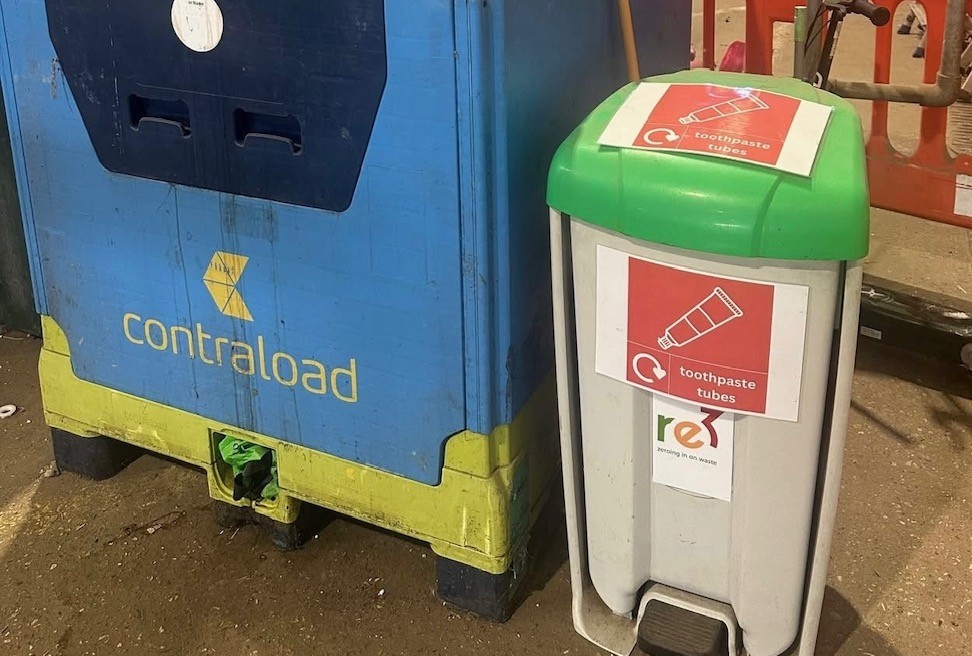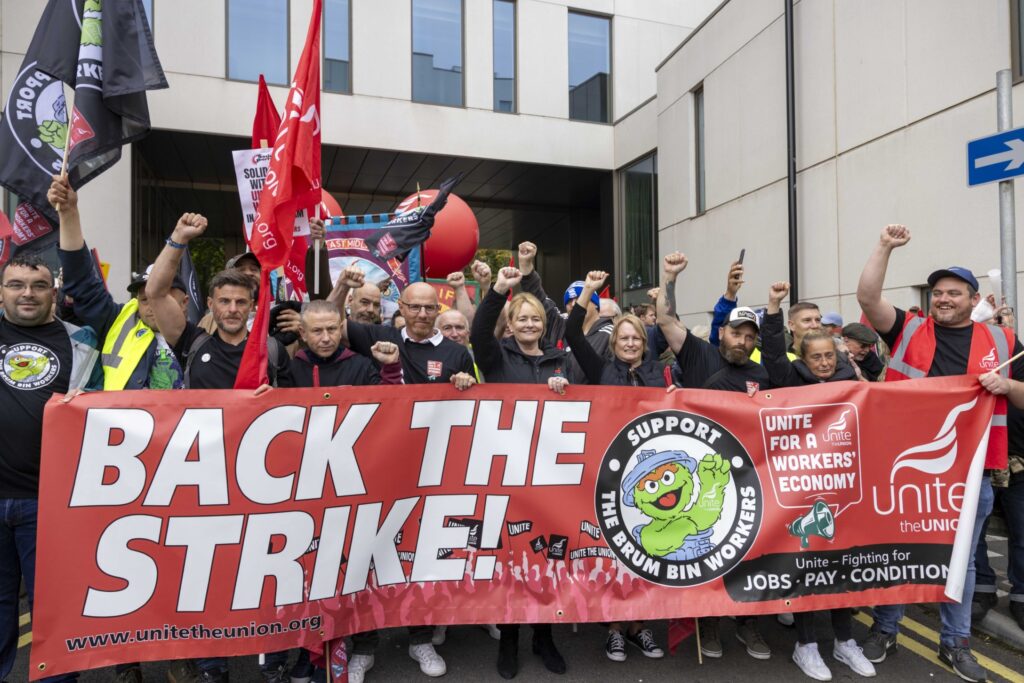The collections start tomorrow, 2 February, for 8 weeks and will see the areas move from a brown bin for commingled garden and food waste to separate smaller green food waste caddies, although residents are also permitted to continue depositing food waste in their brown bins.

Martin Doherty, waste manager, Belfast City council, said the trial, which will apply to 1,100 households, will inform future thinking for waste management strategies across the city and will feed into the council’s review of citywide recycling services that will be conducted later this year.
Improvement
The decision to pilot separate food waste collections comes after a recent study in Belfast found that over 25% of the material in ‘black bag’ landfill waste is food, despite food being collected in the brown bins over the last five years. According to the council, this costs the ratepayer an additional £750,000 annually.
In addition, the number of brown bins presented for collection declines over winter because of the cold weather, showing that residents are mostly only using the bins for garden waste.
“Because of this we thought we would try weekly food waste collections segregated from brown bins to see if the capture rate goes up,” said Mr Doherty.
Recycling rates
There are currently various recycling schemes applied in Belfast. Stranmillis and Malone are areas in the outer city of Belfast, where residents are provided with a blue recycling bin for mixed recyclables, purple boxes for glass and the brown composting food for garden and food waste.
Mr Doherty said: “People in these areas have engaged well with the blue bins for recyclables, so the research is to get people’s opinion about separate food waste. It makes sense that people would participate in this.”
Currently organic collections are treated by In-Vessel Composting (IVC). Mr Doherty highlighted that this was part of the Council’s approach to trial ways to make better use of its waste budget, ensure the recycling rate improved and that waste contributed to local jobs growth.








Subscribe for free